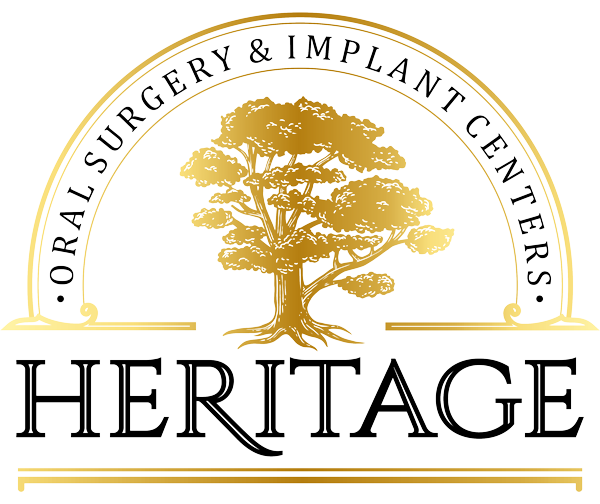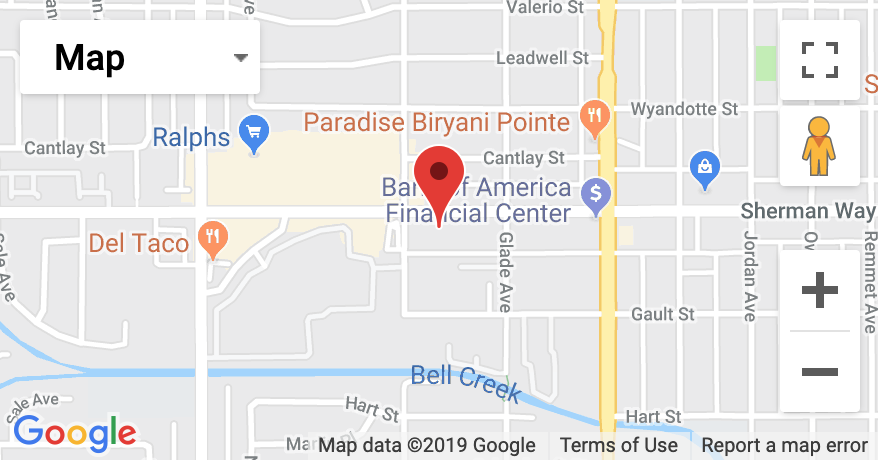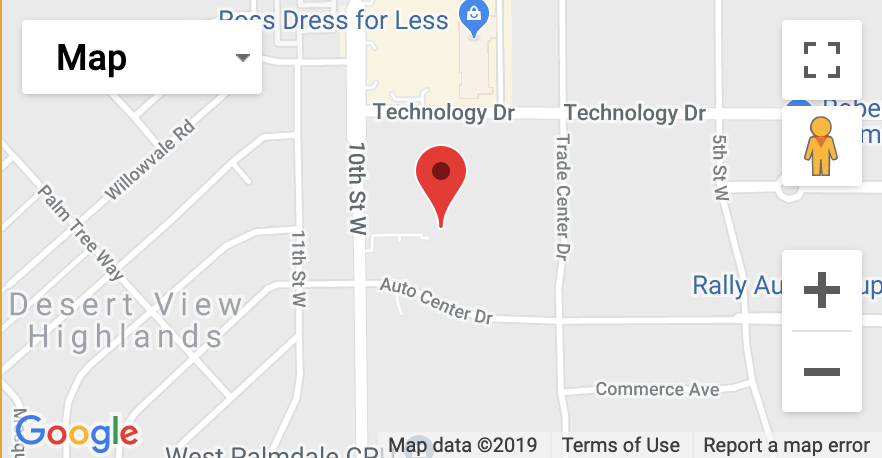When the upper jaw and the lower are not properly aligned with one another, the teeth may not function properly, resulting in problems with eating and drinking. A misaligned jaw also has the potential to negatively affect your appearance, and, in some instances, it can even interfere with breathing. Fortunately, those suffering because their jaw is misaligned have treatment options designed to alleviate the associated issues. Orthodontic procedures such as braces often correct the problem, but In some cases, surgery is warranted in order to restore full functionality and appearance.
Who Needs Jaw Surgery?
Only a trained oral surgeon can make a definitive determination on whether jaw surgery would be beneficial in your case, but some of the indications that jaw surgery may be in order include the following:
- Issues with speech
- Trouble chewing food
- Difficulty swallowing food and beverages
- Persistent jaw or TMJ pain or discomfort
- A protruding jaw
- Issues with breathing properly, including sleep apnea
- Facial asymmetry
A thorough examination, including X-rays, will be performed for the purpose of determining a customized course of treatment. Please feel free to ask any applicable questions that come to mind during this examination. Your dentist will be happy to provide you with any information you feel is necessary about the various ways of treating you, including jaw surgery if your dental team has deemed that necessary.
Most of the time, patients will need to wear braces for anywhere from 12 to 18 months in order to align and level your teeth as much as possible before surgery is performed. Your treatment plan may include further X-rays, CT scanning, placing protective crowns over the teeth, and reshaping certain teeth.
Prior to the Procedure
Jaw surgery is typically performed in a hospital setting and requires the patient be under a general anesthesia. Your dental surgeon will provide you with a list of what you should and should not do during the days leading up to the surgery. Most jaw surgery patients can expect to stay in the hospital from between two and four days.
After the Procedure
Your oral surgeon will also present you with a list of things to do and not do in the days following the procedure. These may include specific oral hygiene instructions, a list of foods and beverages to avoid, instructions to avoid tobacco use, and when you should be able to return to school or work — this can range from one to three weeks. You may also be prescribed prescription pain relievers for the first few days after the surgery. Full recovery from jaw generally takes up to 12 weeks.
Depending on individual circumstances, your orthodontist may need to place braces on your teeth for a period of time in order to totally complete the alignment. In some cases, the entire process can take up to several years from start to finish.
Primary Benefits of Jaw Surgery
The primary advantages of jaw surgery include the following:
- You’ll chew your food better
- Your face will look more balanced
- You’ll breath and speak better
Jaw surgery also has important secondary benefits. For instance, many patients report experiencing increased levels of self-esteem as a result of improved appearance after having jaw surgery performed.
Please don’t hesitate to reach out to our office at your convenience if you would like more information on jaw surgery. We’ll be glad to schedule an appointment for a consulatation and and initial examination so that we can explore whether jaw surgery is a viable option for you.





